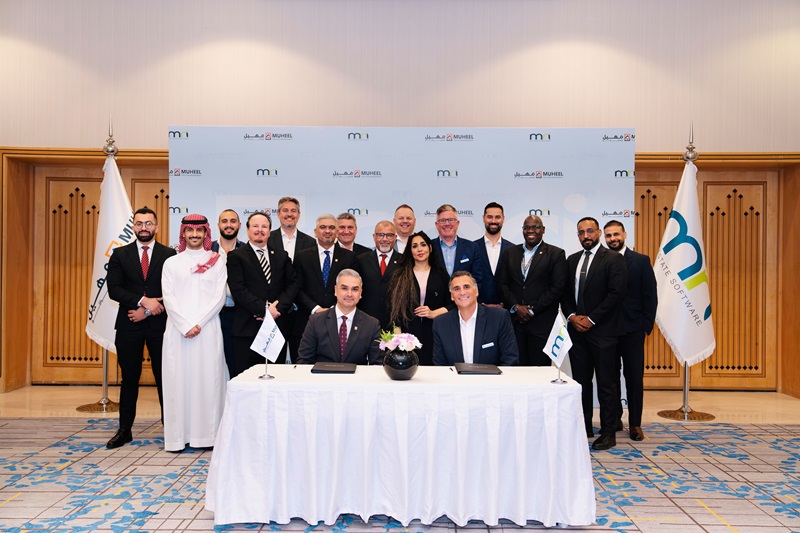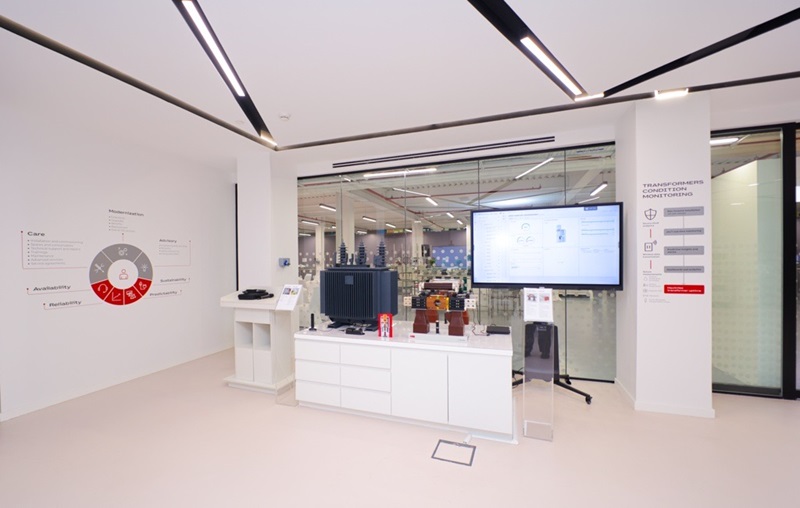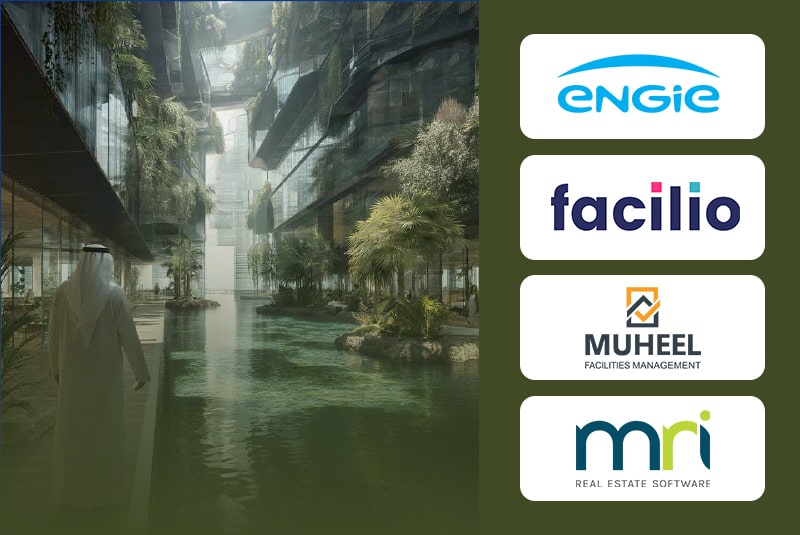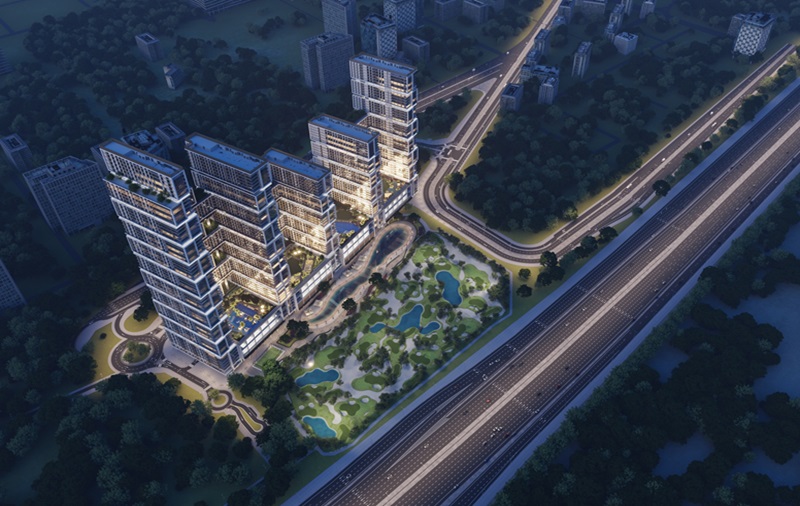
Optimising service charges or reducing the cost of building operations has always been one of the highest priorities of community managers and property owners. In Dubai, the Real Estate Regulatory Agency (RERA) has earlier implemented all possible mechanisms to ensure that jointly owned property budgets are gradually reduced without sacrificing the quality of service delivery.
However, these efforts can only yield the best results if energy consumption is effectively reduced. This is mainly because utility payments (electricity, water, cooling) take up the highest percentage of many building budgets. It is fair to say that despite reduced contract costs of building service providers, the overall building budget will not drastically decrease if utility costs cannot be controlled.
Community managers in different parts of the world commonly implement these energy management measures:
- Implementing energy-efficient improvements or retrofitting strategies that do not require a big investment or a major overhaul: These include switching to an efficient lighting system, controlling common area temperature, installation of motion sensor light switches in areas with less footfall, installing plug load control, and installation of shading systems to reduce the heat that affects the building air conditioning load. Other simple measures like activating alternating lights and avoiding phantom electric loads can also make a considerable contribution to reducing consumption.
- Constant monitoring and proper maintenance of building equipment: Building managers and service providers must work together to create a maintenance plan that not only prolongs asset life but also checks simple points such as HVAC refrigerant levels. Based on studies, properly maintained assets can produce up to 20% energy savings.
- Disseminating information that encourages residents to reduce energy consumption: As community managers, it is not only our duty to give useful information and tips that residents can make use of. It is also our responsibility to inform them, especially the owners, of the progress we make in terms of effectively reducing energy costs.
- Consider new community projects to introduce energy-saving technologies: With proper budgeting and study of community requirements, managers can include new initiatives such as the installation of solar panels and building automation systems.
- Engaging professional energy management companies.:Consulting experts who can monitor energy flow, study building design requirements, and suggest strategies or additional equipment to considerably reduce consumption is also ideal. These companies can even provide guaranteed return of investment over a period, upon implementation of their recommendations.
Community managers must take these initiatives forward and find more innovative ways to promote sustainability in communities they manage. It must be emphasized that efficient energy management does not only bring monetary benefits for property owners. More importantly, it allows us to do our part in protecting the environment.
It is crucial to ensure that managers and service providers are consistent with respect to implementation and monitoring. Cooperation of residents is also very important to guarantee success and see positive outcomes. The community and its stakeholders as a whole must work together to maximize the benefits of their adapted initiatives.
This article is written by Jennifer Andal, Director for Owners' Affairs at Better Communities OAM.












.jpg)


.jpg)
